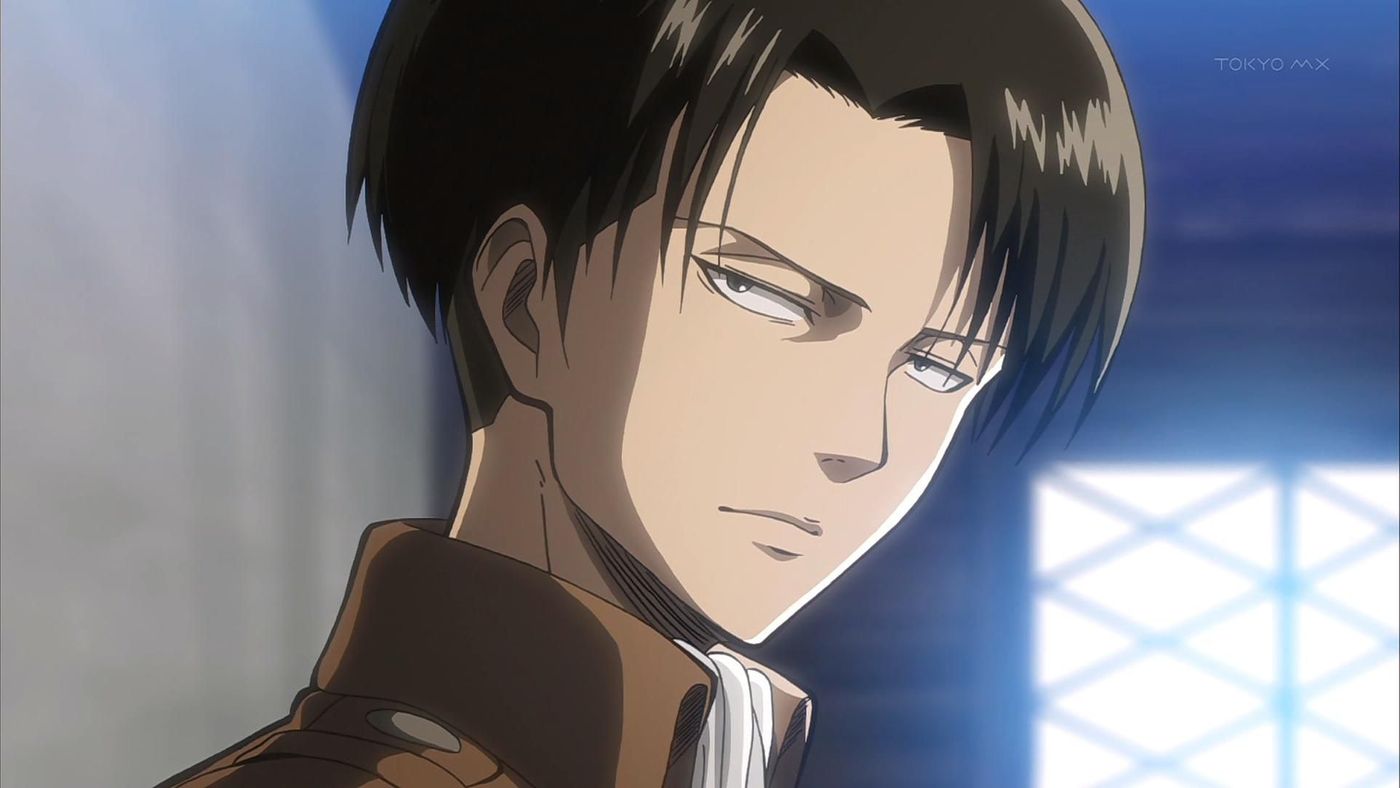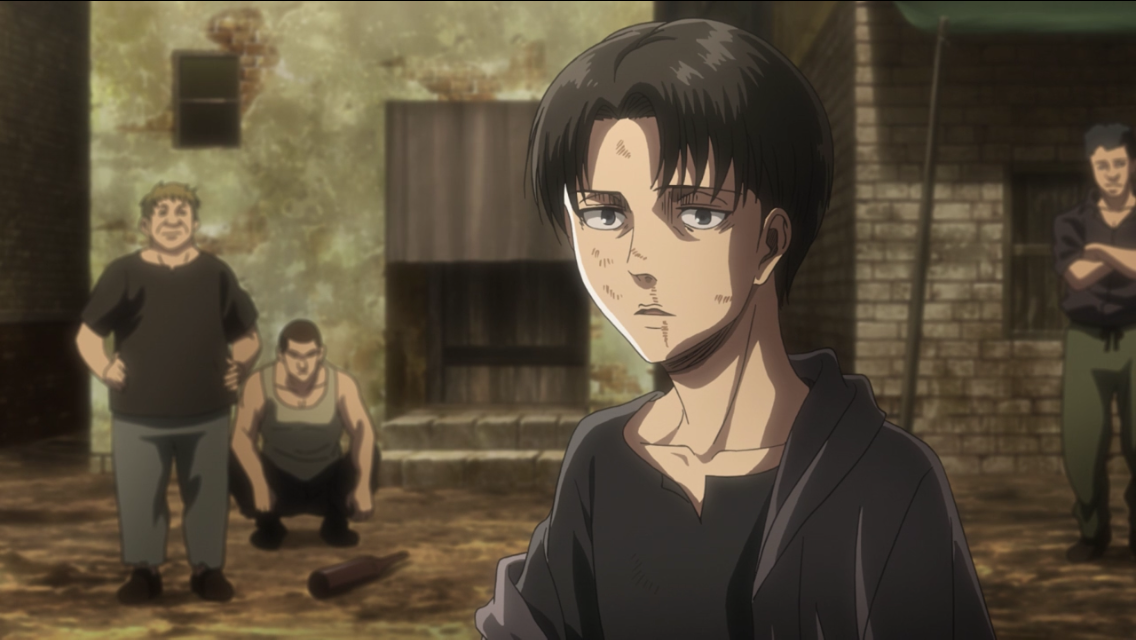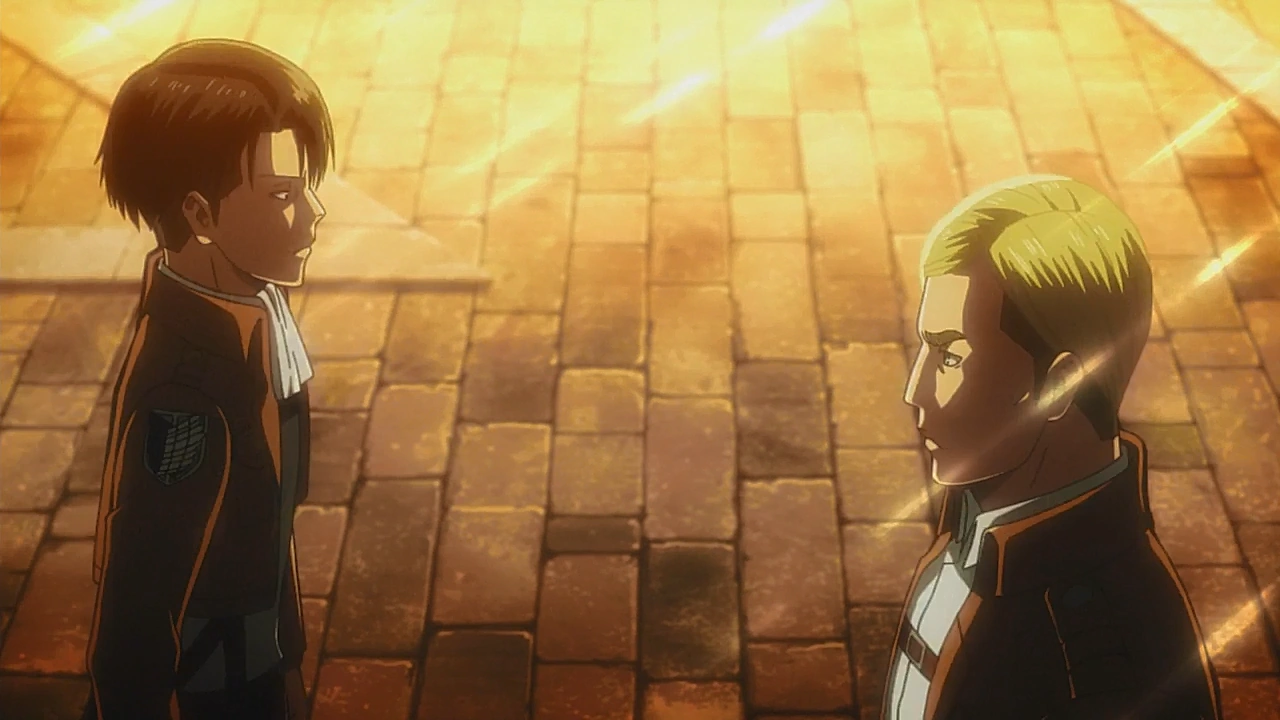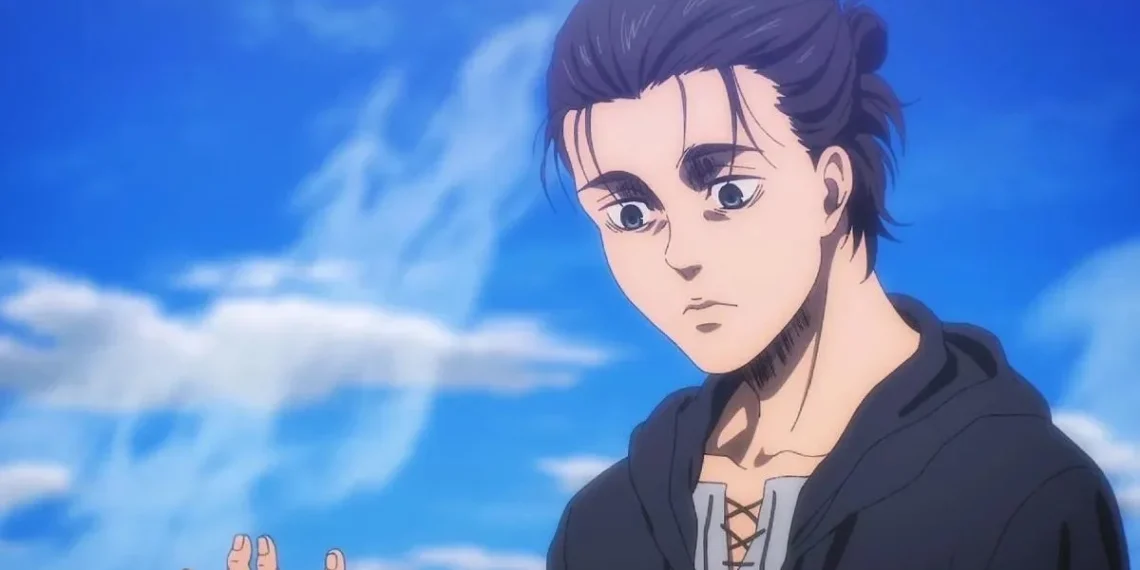Attack on Titan stands tall as a true gem within anime and manga. Its gripping narrative and stunning visuals have cemented its status as one of the finest works to grace the screens of anime enthusiasts. While the anime series concluded in November of last year, the manga had already reached its thrilling finale back in 2021.
At the heart of Attack on Titan lies the tale of Eren Jaeger, a young protagonist whose life is forever altered when Titans ruthlessly attack and devour his mother. Fueled by a desire for vengeance, Eren get on a mission to eradicate every Titan and reclaim humanity’s lost freedom. This epic journey unfolds within a richly crafted world, blending elements of post-apocalyptic dread with dark fantasy and relentless action, a vast and dedicated fanbase.
The anime adaptation of Attack on Titan saw three seasons brought to life through the talents of WIT Studio. However, as the series approached its climactic finale, a significant change occurred.

MAPPA Studio took the reins for the fourth and final season, entrusted with delivering a fitting conclusion to Eren’s saga. The shift prompted curiosity among fans, leading to speculation about the reasons behind this transition.
Recently, George Wada, president of WIT Studio, shed light on the decision to change studios for Attack on Titan’s concluding chapters. His insights provide valuable context to the evolution of the series and the collaborative efforts involved in bringing Isayama’s vision to fruition.
As the legacy of Attack on Titan continues to resonate with audiences worldwide, its impact on the anime and manga remains undeniable. From its humble beginnings as a serialized manga to its stunning animated adaptation, the series stands as a testament to the power of storytelling and the enduring appeal of immersive, genre-defying narratives.

WIT Studio’s President Talks About Attack on Titan Changing Studios
In a recent interview with Anime Corner, WIT Studio’s President, Wada, delved into the decision behind MAPPA taking the reins for Attack on Titan’s fourth season.
He highlighted how this transition was instrumental in ensuring the series reached its conclusion successfully, even admitting that the series might have faced failure had MAPPA not stepped in.
Wada expressed his satisfaction with Attack on Titan’s immense popularity, acknowledging that the timing of manga popularity doesn’t always align with the production schedule of anime adaptations.

He emphasized the crucial role MAPPA played in completing the series, praising the studio’s capabilities and expressing gratitude for their involvement.
“It’s indeed a source of great joy to witness the widespread acclaim for Attack on Titan. However, the reality often entails a disconnect between the surge in manga popularity and the feasibility of adapting it into an anime. We owe the completion of the series to MAPPA’s intervention. Their expertise ensured the seamless continuation of the story, for which I’m immensely grateful.”
According to Wada’s insights, the synchronization of manga and anime timelines posed a challenge for the series. Without MAPPA’s intervention, the ambitious task of concluding Attack on Titan’s anime adaptation might have remained unattainable, underscoring the pivotal role played by collaboration within the anime industry

Attack on Titan Changing Studios Was A Good Decision
The transition of Attack on Titan to a new studio for its final season left fans reeling with surprise. WIT Studios had crafted an exceptional anime, and many hoped they would see the series through to its epic conclusion. However, President Wada shed light on why this change was necessary for delivering a fitting finale.
In an interview with Anime News Network, Wada provided insights into the intricate workings of anime production, revealing that the success of Attack on Titan’s earlier seasons relied heavily on DVD sales.
By the time the third season rolled around, WIT Studio had committed resources to numerous other projects, which could have impacted both the scheduling and quality of the series.

The stakes were undeniably high for the conclusion of a series as monumental as Attack on Titan. Any misstep in animation quality or timing could have tarnished the legacy that WIT Studio had painstakingly built over the years.
Recognizing this, the decision to entrust MAPPA with the final season emerged as a strategic move, offering a win-win scenario for all parties involved.
By allowing MAPPA to take the helm, WIT Studio ensured that Attack on Titan’s grand finale received the attention and resources it deserved, safeguarding the integrity of the series while preserving the reputation of the studio. This collaborative effort ultimately secured a satisfying conclusion for fans and upheld the legacy of Attack on Titan in the annals of anime history.





